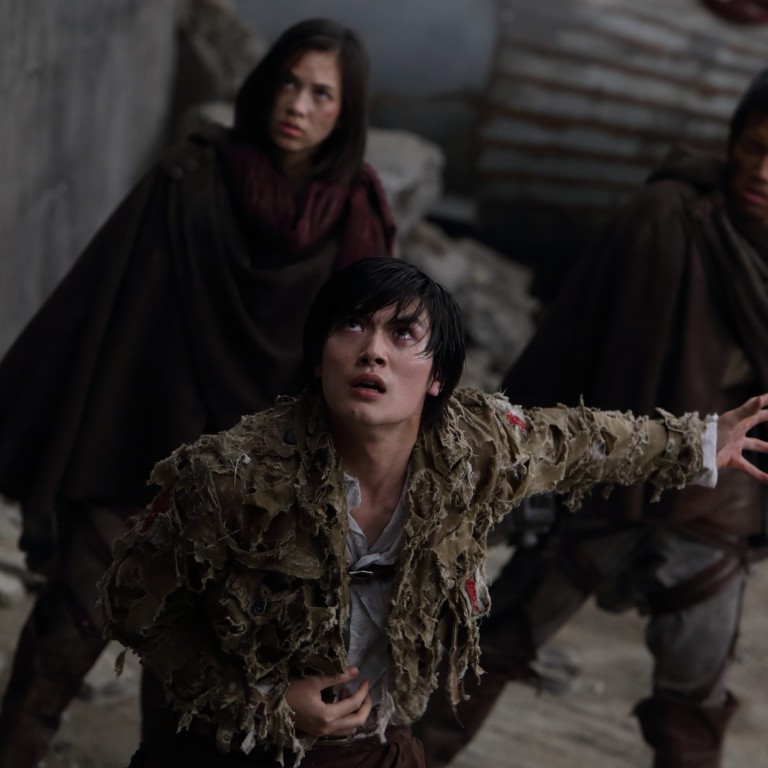
Film review - Attack on Titan: End of the World fails to match its predecessor
Tedious exposition and backstory, and lacklustre action spoil this sequel

In an increasingly prevalent trend among Japanese blockbusters, Attack on Titan: End of the World arrives just weeks after its predecessor. Like Gantz, Parasyte and others before it, it also eschews much of the promise that came with the high concept set-up of part one, replaced by reams of tedious exposition and backstory.
When the action finally does resume, the climactic battle resembles little more than an expensive – but not that expensive – episode of Ultraman, as men in rubber suits duke it out against miniature sets and green-screen FX.
After returning to human form, adolescent combatant Eren (Haruma Miura) is seized by the military and sentenced to death for his titan tendencies (growing into a 20-storey man-eating zombie). But before he can be executed, Eren is snatched by another titan, only to learn the truth behind their origins, the walls surrounding their colony and the government’s ulterior motives.
Meanwhile, Armin (Kanata Hongo) and Mikasa (Kiko Mizuhara) galvanise their squad and return home, looking to use a long-dormant bomb to plug the gaping hole in the wall and keep the monstrous titans at bay.

While the first Attack on Titan received a relatively cool reception from fans, as much for straying from the source material as for director Shinji Higuchi’s generally lacklustre execution, it is a white-knuckle thrill ride compared to its sluggish, undercooked follow-up.
Gone is the mildly intriguing love triangle, as Armin and Mikasa are largely sidelined and Eren is distracted by a curiously homoerotic courtship from supreme warrior Shikishima (Hiroki Hagegawa).
But more frustrating is that the film all but abandons the headline-grabbing sequences of lumbering giants tearing into human flesh. Even in the heavily truncated form that arrived on Hong Kong’s screens, the film’s playfully gratuitous violence was for many its sole pleasure.
As the world celebrates 70 years since the second world war ended, the scars of Japan’s atomic exit continue to haunt the nation and inform many aspects of their pop culture, from Godzilla on up. Adolescent heroes are once again forced into conflict by an opaque military leadership, to face an apocalyptic threat possibly of man’s own invention.
Attack on Titan brings nothing new to the scenario, nor wrings any particular thrills from it and pales in comparison to similarly themed young adult focused offerings from Hollywood, such as The Hunger Games and Divergent. The zombie apocalypse has never felt so lifeless.
Attack on Titan: End of the World opens on September 19

